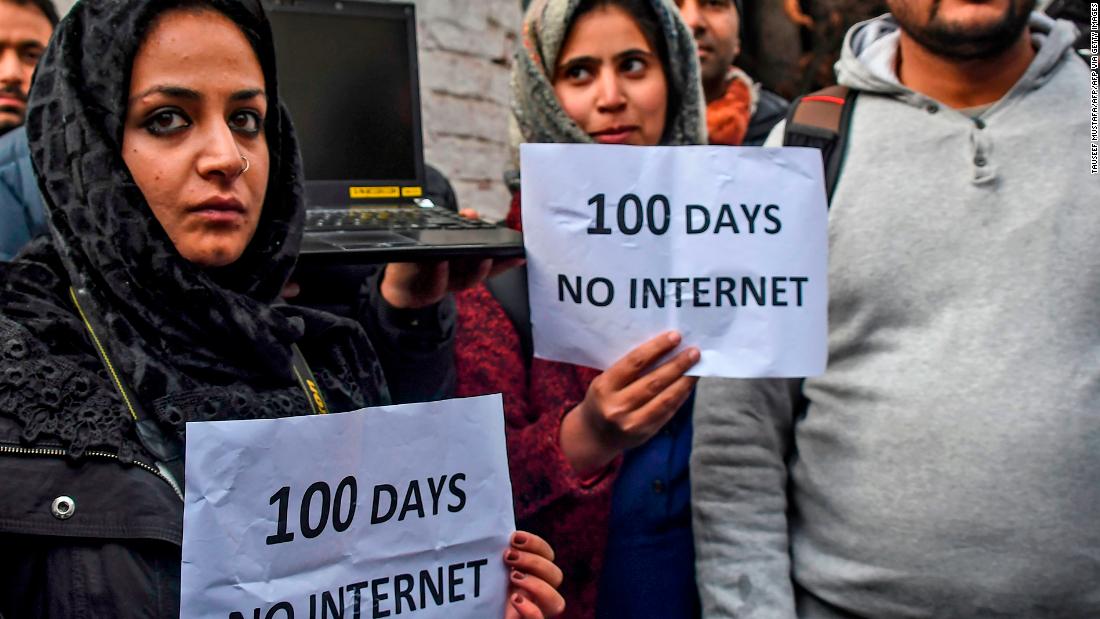An internet shutdown has been in force throughout Ethiopia because Saturday, after a set of foot soldiers staged a failed coup in Amhara nation, the birthplace of many of Ethiopia’s emperors in addition to its country-wide language, Amharic. The outage has annoyed residents who depend upon online services for statistics and for conducting enterprise is considered one of sub-Saharan Africa’s fastest-developing economies.

Alp Toker, executive director of NetBlocks, a nonprofit employer that monitors net censorship, condemned the decision to close down the net at the anniversary of a hard and fast of reforms introduced by using Prime Minister Abiy Ahmed and that intention to facilitate free speech.
“On 22 June 2018, his government declared unfastened expression a foundational proper and ordered the unblocking of over two hundred websites. Instead, exactly 12 months later, the complete internet has been blocked, and Ethiopia is digitally remoted from the sector,” Toker said.
“At a time when the kingdom has to be reflecting on the weekend’s activities and coming to phrases with the loss of existence, they are as an alternative denied statistics and a voice. The loss of dignity and symbolism could not be more hanging,” he instructed Al Jazeera.
‘Can’t check messages’
Ethiopia has become sub-Saharan Africa’s second quickest-developing economic system ultimate 12 months, consistent with the International Monetary Fund. With an expected populace of 110 million people, its projected growth fee for 2019 is 7.7 percentage.
Internet gets admission to is prime to unlocking the us of an’s economic ability. Getting the right of entry to on-line services remains fairly restricted, consistent with a document with the aid of independent watchdog Freedom House.
The kind of 16 million internet customers in Ethiopia have skilled net shutdowns because of 2015. On Tuesday, Ethiopians have been still unable to access the popular social messaging app Telegram and Facebook, Twitter, and other online offerings.
Text messaging was additionally disrupted without any caution, sparking anger and frustrating many. “I can not check my messages. Even when I attempt to make phone calls, it is not very clean. It seems like the indicators have also been affected. This is not quality at all,” Addis Ababa resident Makda Gebru told Al Jazeera.
“I have some very essential emails to send to human beings outdoor Ethiopia. However, I should wait for the net to be restored,” Gebru introduced. Internet cuts in Ethiopia are not new, and residents are not positive while the exercise will end. On June 11, many Ethiopians woke up to an online blackout. At the time, no explanation changed into provided by the state-run Ethio Telecom, the only provider of internet offerings within the usa.
A week later, net and text messages services were restored. While Ethio Telecom offered apologies to its subscribers, there was no reason for what caused the disruption. News reports said the internet blackout was meant to dam the leak of national examination answers.

